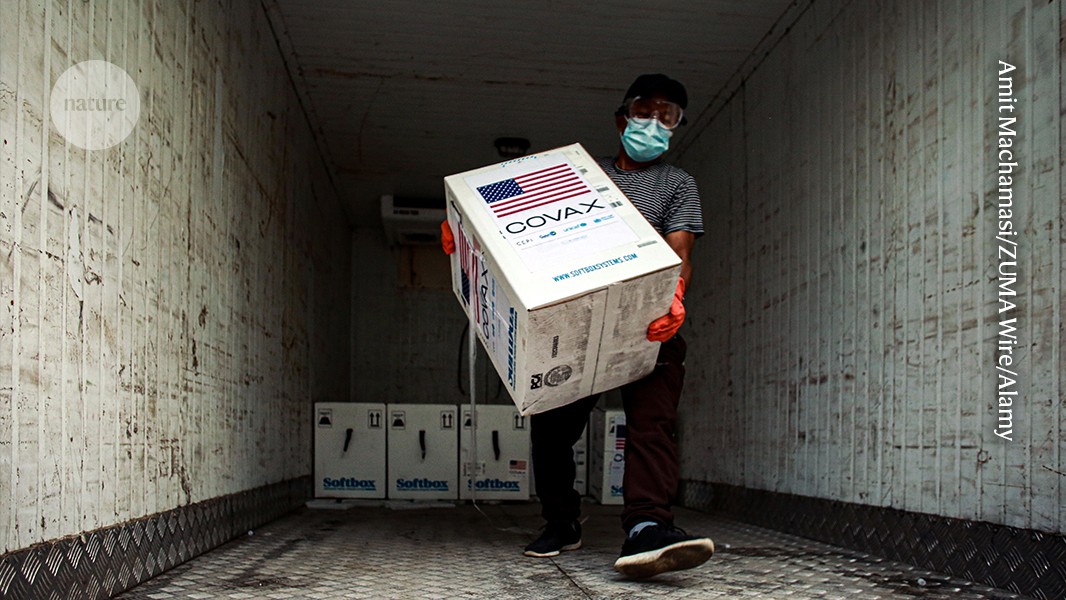
"Most people don't like getting vaccines, much less seeing their children have needles poked into their thighs and arms. But context can change that. Besieged by terrifying outbreaks of paralytic polio and the spectre of iron-lung respirators, many parents were happy to see their children receiving the first polio vaccinations in the 1950s. Similarly, when I got my first COVID-19 vaccine, it instantly relieved the sense of existential dread that I had felt for almost a year as the death toll rose."
"Traumatic memories from the pandemic are waning for many. But infectious-disease epidemiologist Seth Berkley thinks the prospect of future pandemics means that it is imperative that we do not forget about the powerful impact of the COVID-19 vaccine. In Fair Doses - a fascinating account of the race to distribute the drug around the world - he attempts to provide readers with a 'booster shot' to restore public-health awareness."
"Berkley is ideally positioned to tell the story. In 2020, he was the chief executive of global-health organization Gavi, the Vaccine Alliance. In the early months of the COVID-19 pandemic, Gavi, along with the Coalition for Epidemic Preparedness and Innovations and others, co-founded COVAX - a worldwide initiative to access, purchase and deliver billions of doses of safe and effective COVID-19 vaccines to those living in low- and middle-income countries (LMICs)."
Many people dislike vaccines, but fear of diseases like paralytic polio and the sight of iron lungs led parents in the 1950s to welcome polio vaccinations. Receiving a COVID-19 vaccine relieved existential dread for some during the pandemic. Traumatic pandemic memories are fading for many, yet the prospect of future pandemics demands attention to the COVID-19 vaccine's powerful impact. In 2020, Gavi, alongside CEPI and others, co-founded COVAX to access, purchase and deliver billions of safe, effective COVID-19 vaccine doses to low- and middle-income countries. The effort encountered complex financial, legal, practical, ethical and political challenges in securing equitable distribution to over 140 territories.
Read at Nature
Unable to calculate read time
Collection
[
|
...
]